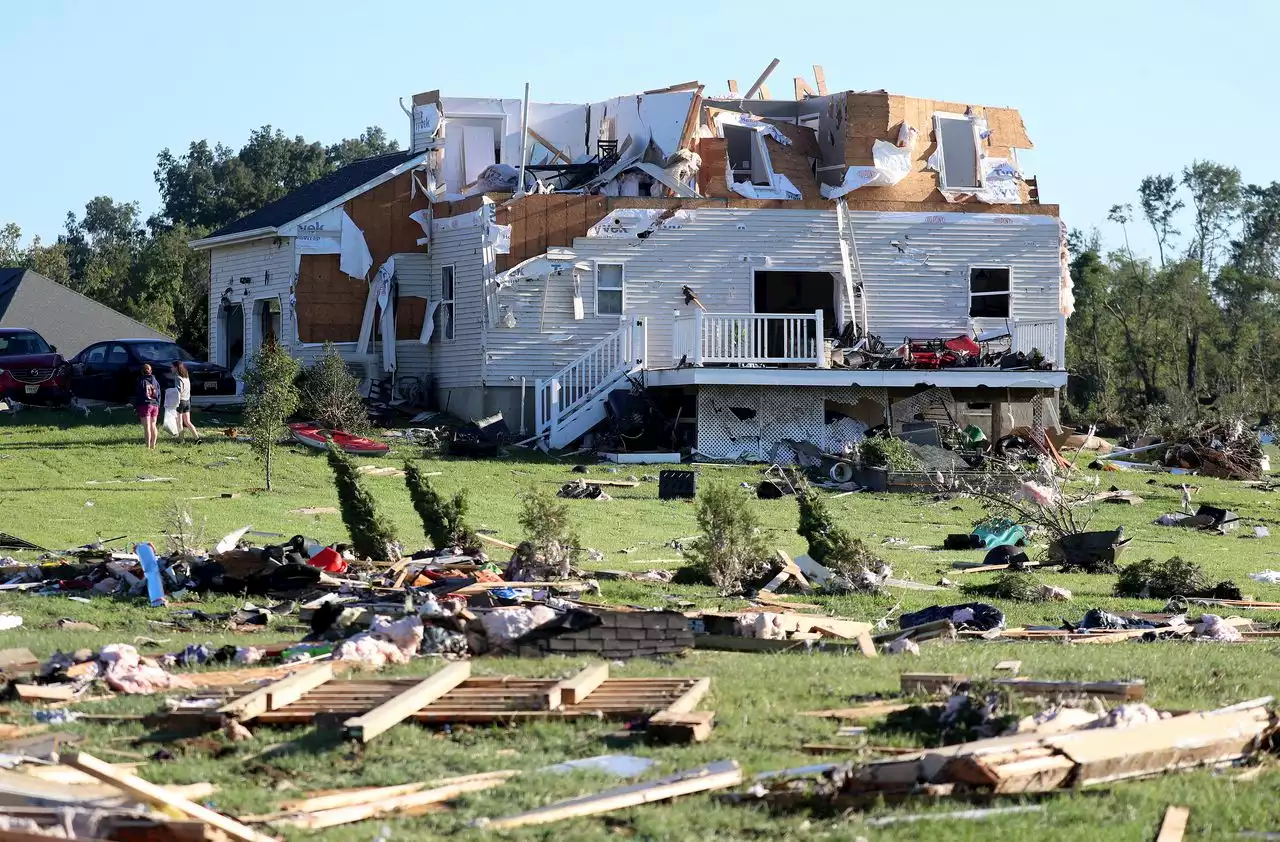Why is this year's sargassum bloom so massive? _ChrisDeWeese spoke to Dr. Beach to get the answers:
This year’s giant bloom of sargassum seaweed, which is estimated to be the largest ever, has started washing up on beaches in Florida and the Caribbean. Curious to learn more about why this is happening, I talked with Dr. Stephen Leatherman, aka “Dr. Beach,” a professor of Earth & Environment at Florida International University. Here’s our conversation.
The first year that the sargassum was arriving in massive enough amounts to be visible on NASA satellite imagery was 2011—the data are quite clear. In your opinion, what might be causing the sudden increase in floating seaweed, and why? What do other scientists think is causing this problem? Increased nutrients are being flushed into the ocean that feeds the sargassum seaweed, causing it to bloom . This article provides detailed information. The second reason is African dust, which also carries nutrients. Human pollution is the culprit.A number of scientists are trying to find some use of sargassum, but it can contain heavy metals such as arsenic and cadmium, making it unusable as livestock feed or human consumption.
The Weather Company’s primary journalistic mission is to report on breaking weather news, the environment and the importance of science to our lives. This story does not necessarily represent the position of our parent company, IBM.
México Últimas Noticias, México Titulares
Similar News:También puedes leer noticias similares a ésta que hemos recopilado de otras fuentes de noticias.
 Weather Words: 'Kona Storm' | Weather.comToday's edition of Weather Words takes us all the way to Hawaii:
Weather Words: 'Kona Storm' | Weather.comToday's edition of Weather Words takes us all the way to Hawaii:
Leer más »
 Weather Words: 'Fire Rainbow' | Weather.comLet's get this out of the way first – 'fire rainbows' aren't actually rainbows.
Weather Words: 'Fire Rainbow' | Weather.comLet's get this out of the way first – 'fire rainbows' aren't actually rainbows.
Leer más »
 Urgent Twitter alerts on tornadoes, storms could be limited by new policy, weather officials sayThe National Weather Service and other weather forecasters are sounding the alarm about new limits set on automated tweets, even for emergency weather warnings
Urgent Twitter alerts on tornadoes, storms could be limited by new policy, weather officials sayThe National Weather Service and other weather forecasters are sounding the alarm about new limits set on automated tweets, even for emergency weather warnings
Leer más »
